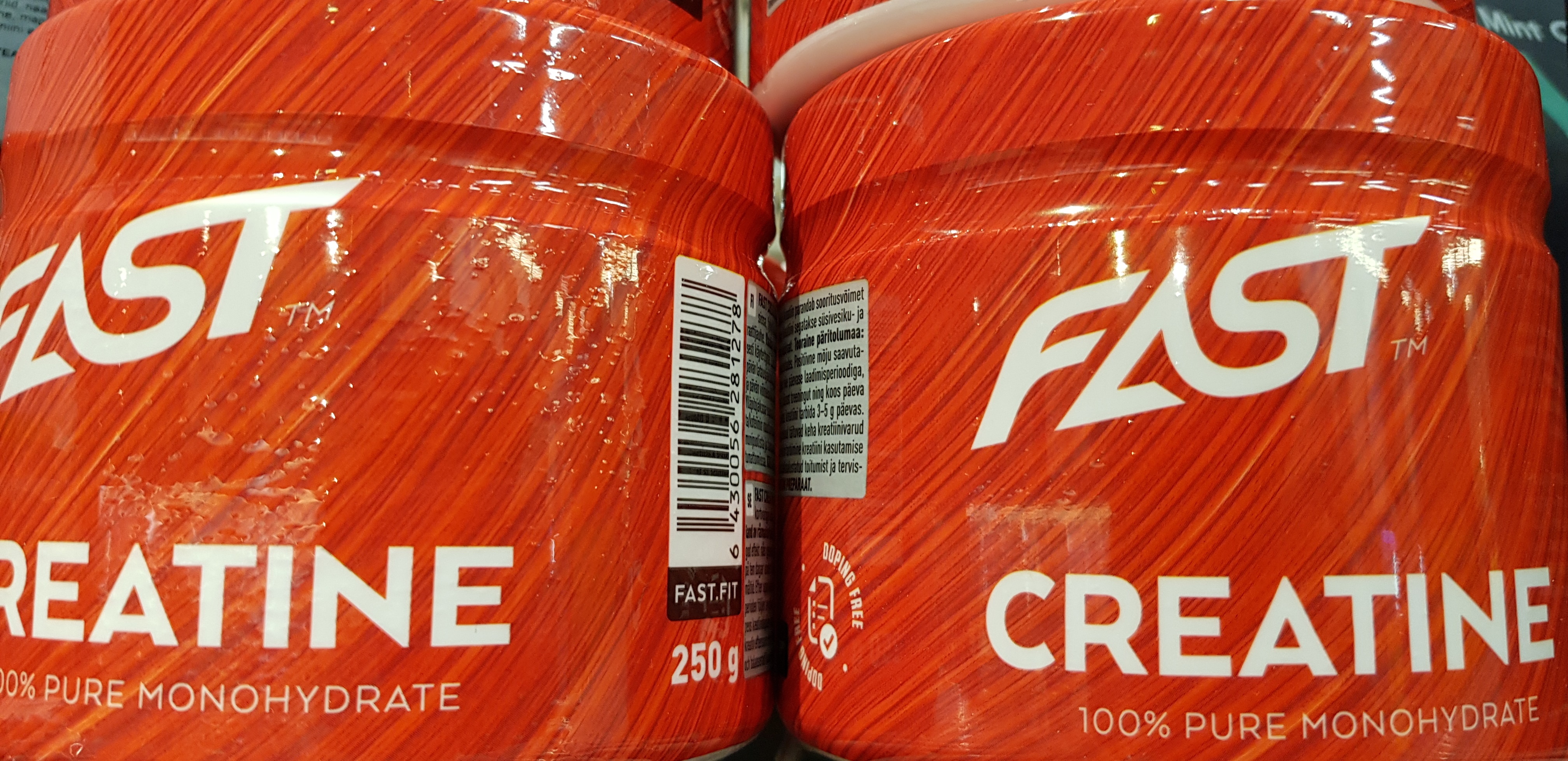Creatine is commonly used as a dietary supplement for increasing muscle and strength in an athletic environment. However, it is more than a supplement for athletes. Its consumption has also been linked to other health benefits. Some anecdotal reports suggest it may also be useful in Parkinson’s disease. But what does the research say about this? Let’s find out here!

Creatine is one of the most popular nutrition supplements available today. It is an organic compound that is made up of amino acids namely glycine, arginine, and methionine. It is found naturally in foods like fish and meat. It can also be taken as supplements.
Creatine supplementation has been shown to provide numerous health benefits. These include:
- Increase strength and improve body mass performance
- Promotes muscle growth
- Improves brain performance
- Protects the lung from injury
- Acts as anti-oxidant
- Improves depression-like symptoms
- Helps to lower the blood pressure
How About for Parkinson’s Disease?
Parkinson’s disease is a motor disorder that develops when there is a loss of certain cells in the brain that produce dopamine, which is a neurotransmitter responsible for controlled movement. The typical symptoms include hands trembling, stiffness, slowness of movement, and balance problem.
Laboratory research on animals has shown that creatine supplementation may protect the brain from developing Parkinson’s like changes. In a series of experiments, when mice were treated with MPTP (1-methyl-4-phenyl-1,2,3,6-tetrahydropyridine), a chemical that damage the brain similar to Parkinson’s disease, the brain showed a significant loss in the cells that produce dopamine. However, when the mice were given creatine before exposing to MPTP, the majority of the brain cells survived.
A similar protective effect of creatine was also observed in another study which was published in the Journal of Experimental Neurology. The study found that creatine supplementation restored dopamine levels in the brain after MPTP treatment.
While results from these animal studies are exciting, there is no compelling evidence that its supplementation treats the symptoms or slow down the disease progression in humans.
In fact, one long term clinical study was terminated early because creatine consumption didn’t cause any beneficial effects in patients in the early phase of the study. In this study, 1741 Parkinson’s patients from 45 investigative sites in the USA and Canada were assessed for the beneficial effects of creatine. The patients were given 10 g creatine or placebo daily. After 5 years of follow-up, the study found no improvement in patients’ conditions.
What About its Side Effects?
Creatine is not associated with any adverse effects when used in a moderate amount. Several clinical trials have shown that it is well-tolerated and has a good safety record. When tested in Parkinson’s patients, its intake didn’t worsen the patients’ symptoms.
Disclaimer: The information shared here should not be taken as medical advice. The opinions presented here are not intended to treat any health conditions. For your specific medical problem, consult with your health care provider.
